In October, Facebook CEO Mark Zuckerberg announced his plans to shape the company into a metaverse company. Regardless of what one thinks about Facebook’s efforts, a key question is: how fair can the metaverse become?
The discussion on the digital future should take place with an eye to responsibility.
The metaverse is not a Facebook invention. The term is well-known from science fiction and, depending on who is using it, refers to different visions of a future internet in which a digital world is built to supplement the physical world.
The metaverse has also been called the “internet of bodies”. This means that using the internet will no longer be dependent on smartphones, for example, but that it will be possible to access it using one’s own body.
The first glimpses of this trend have been shown by mapping applications like Google Maps, which have introduced a new dimension of sorts besides the physical world. In the future, navigation may be possible without a smartphone-like user interface but instead with virtual reality (VR) glasses.
How does the metaverse discussion appear from the point of view of responsibility?
The future is built upon choices made today. In planning the next phase of the internet, it is important to discuss responsibility and sustainability. They are often referred to as ESG – environmental and social responsibility and governance.
We would like to highlight three aspects that should be taken more into consideration in the metaverse discussion using the ESG model.
1. How might the metaverse be built in an ecologically sustainable way?
Because nobody knows what the metaverse will ultimately be like and for which purpose it will be primarily used, it is still difficult to assess its overall benefits. Will it be used for the benefit of society and the environment, as a new field for the entertainment and gaming industry, or as a new kind of virtual marketplace?
However, it is already certain that the VR version of the internet will enormously increase the volume of data collected, transferred, processed and stored. It is expected to use virtual and augmented reality and the higher-speed mobile networks provided by 5G technology.
The processing and transfer of data is not without problems from the environmental point of view, because it consumes large amounts of electricity. ETLA Economic Research has estimated that the power consumption of the ICT industry could increase to up to 14 per cent of the annual global power consumption by 2030.
The estimate is based on calculations using existing technologies. It does not take into consideration the enormous increase in the volume of data and power consumption that will be required by any new technologies (VR, AR, artificial intelligence, IoT, etc.) or a new kind of metaverse.
The increase in the volume of data will also require increasingly high data transfer speeds and network capacities. In addition, new technology and a high number of new data centres will be needed. To get “inside” the metaverse, the users will need digital devices, such as VR headsets or bracelets. Building, manufacturing and using all of this will require both energy and lots of natural resources, such as rare earth metals.
The ICT industry competes for metals with other industries. The same metals will be needed for increasing the capacity of green electricity and the number of electric vehicles. It is not a given that there will be enough emissions-free electricity or critical metals for the growing needs of the ICT industry, for example.
In order to build the metaverse sustainably, keeping within the earth’s carrying capacity should be the starting point in planning it. This requires a new way of thinking and a comprehensive change in operating methods. Its building blocks are the circular economy, sustainable software and service development, resource efficiency and sustainable consumption choices.
2. How might the metaverse be built in a socially fair way?
Internet access is a basic human right. Both governments and businesses need to strive to secure it. Currently, only around half of the world’s population have access to the internet.
The challenges that arise with a new kind of user experience should be taken into account in the metaverse discussion. For example, how will it be ensured that everyone is able to use the new services regardless of location and wealth?
Companies that provide the metaverse will also be likely to accumulate enormous volumes of data about the behaviour of their users on the platform. The development involves new social and ethical concerns. For example, it is necessary to consider whether infrastructure that is key to the functioning of society can be built by private business.
And what will happen to people’s privacy when our everyday lives become increasingly digital? There has already been a lot of talk globally about the impact of large social media companies on democracy, the polarisation of debate and people’s trust.
If the user experience is strongly customised, very differing experiences of reality can emerge. A seemingly trivial example of this could be street advertising. In the future, when walking with a friend around town, we could both see different advertisements. They will invite us to come shopping or offer customised headlines of topical news.
Such a segregation of perceived reality could increasingly strengthen societal silos.
3. How will fair rules be built for the metaverse?
How can it be ensured that the vast collection of data will not cause unforeseen damage? The use of data and the next-generation internet offer enormous opportunities. An erosion of trust could compromise the enormous looming potential.
The EU has a great opportunity to be a pioneer and decide on the rules for using data in a fair way in the future. In addition, it is necessary to ensure that companies also comply with the new legislation and rules. With the increase in the collection of data, the requirements for transparent reporting of data use will also increase.
Some of the requirements are derived directly from legislation. However, there is still a lot of room for companies to develop their own best optional practices. For example, companies can report on their responsible data use with a data balance sheet that reports the company’s key principles and practices regarding the safe processing and use of data. However, regrettably few companies have so far deployed data balance sheets.
We foresee that the next wave of discussion on responsibility after environmental issues will concern responsible technology and data collection. When the discussion becomes more prominent, investors are also likely to be interested in it.
Therefore, the ESG framework should be borne in mind when considering the next evolutionary stage of the internet. The developers of new technology should also make responsibility a competitive advantage.
Sources
ETLA Economic Research: “The majority of Finland’s ICT emissions are generated outside our borders – So our reporting must be adjusted”
Forbes: “The Metaverse Is Coming And It’s A Very Big Deal”.
Euronews: “What is the metaverse and why is Facebook betting big on it?”.
AP, The Economic Times: “Metaverse decoded: What the ’next big thing online’ is all about and how it’ll work”.
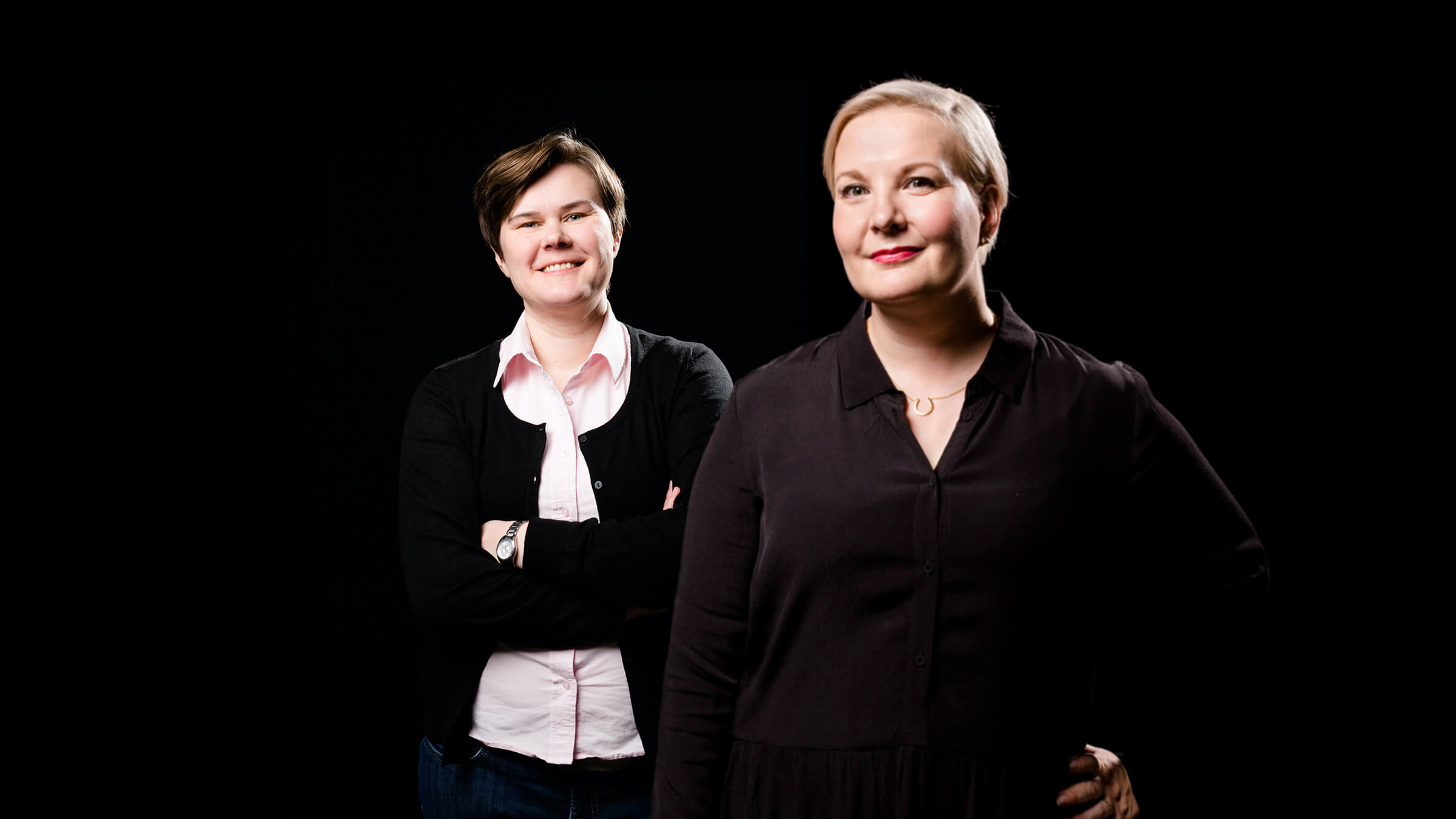
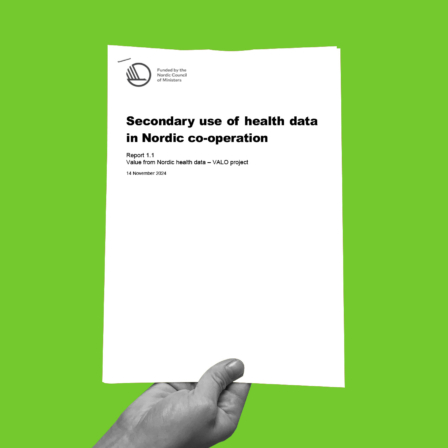
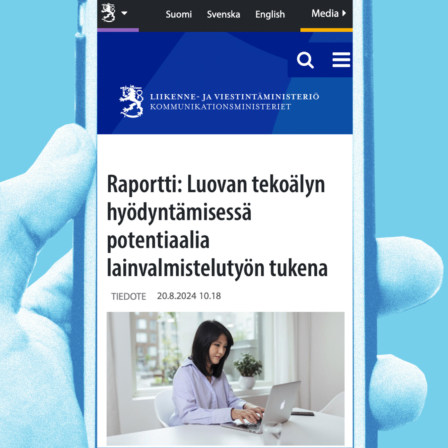

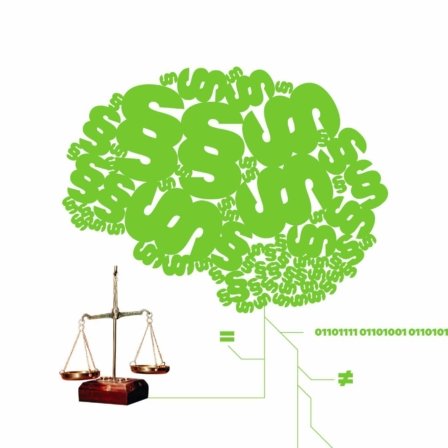
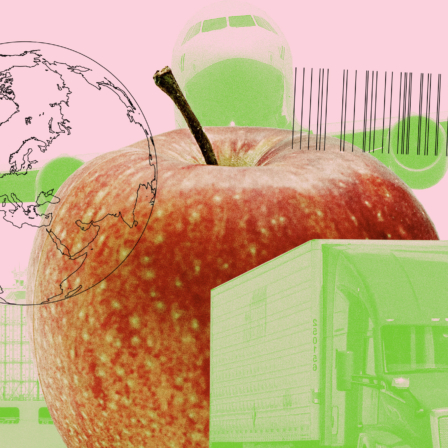

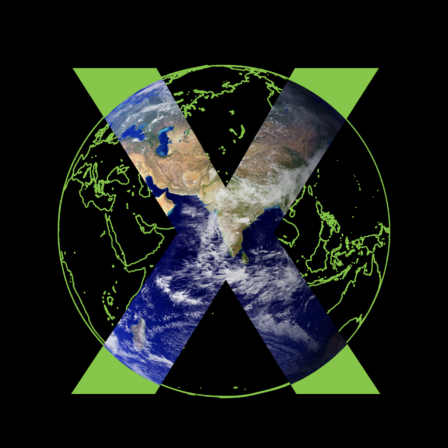
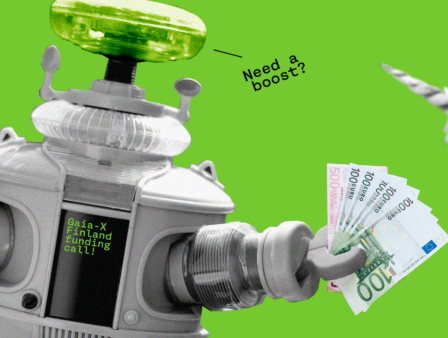
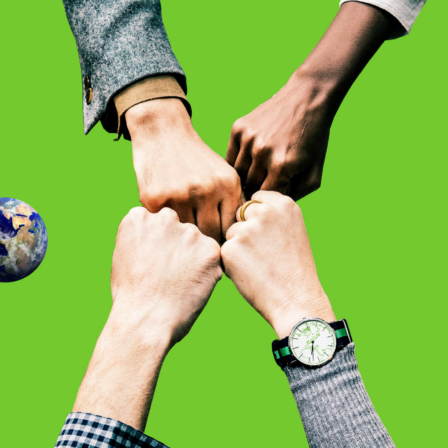

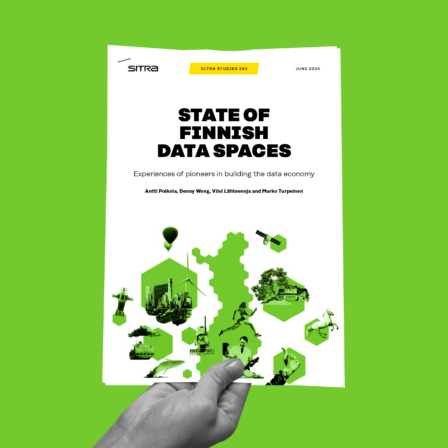
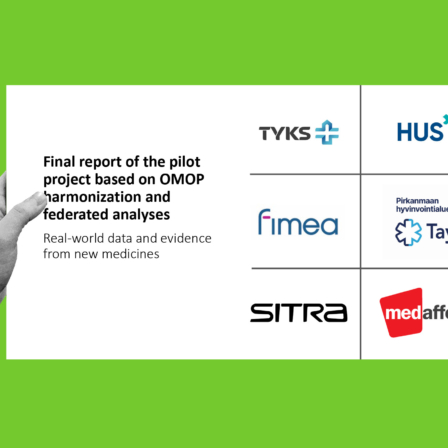
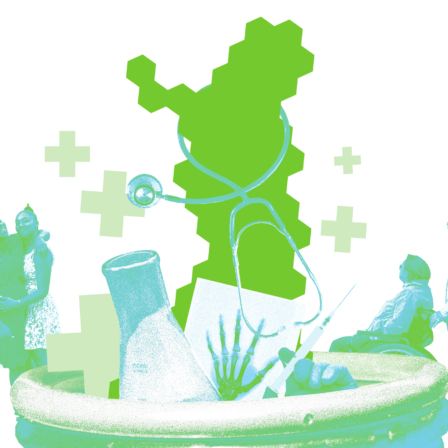
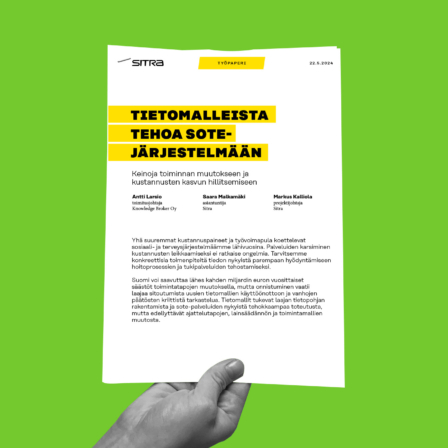
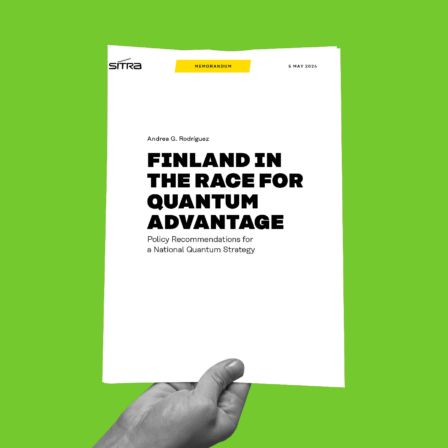
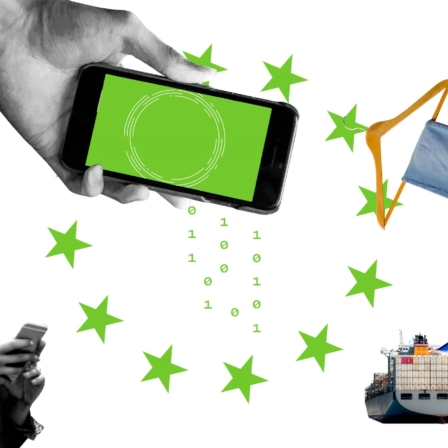
Recommended
Have some more.